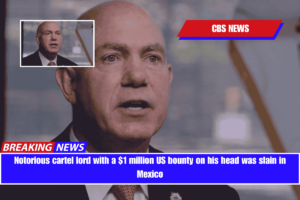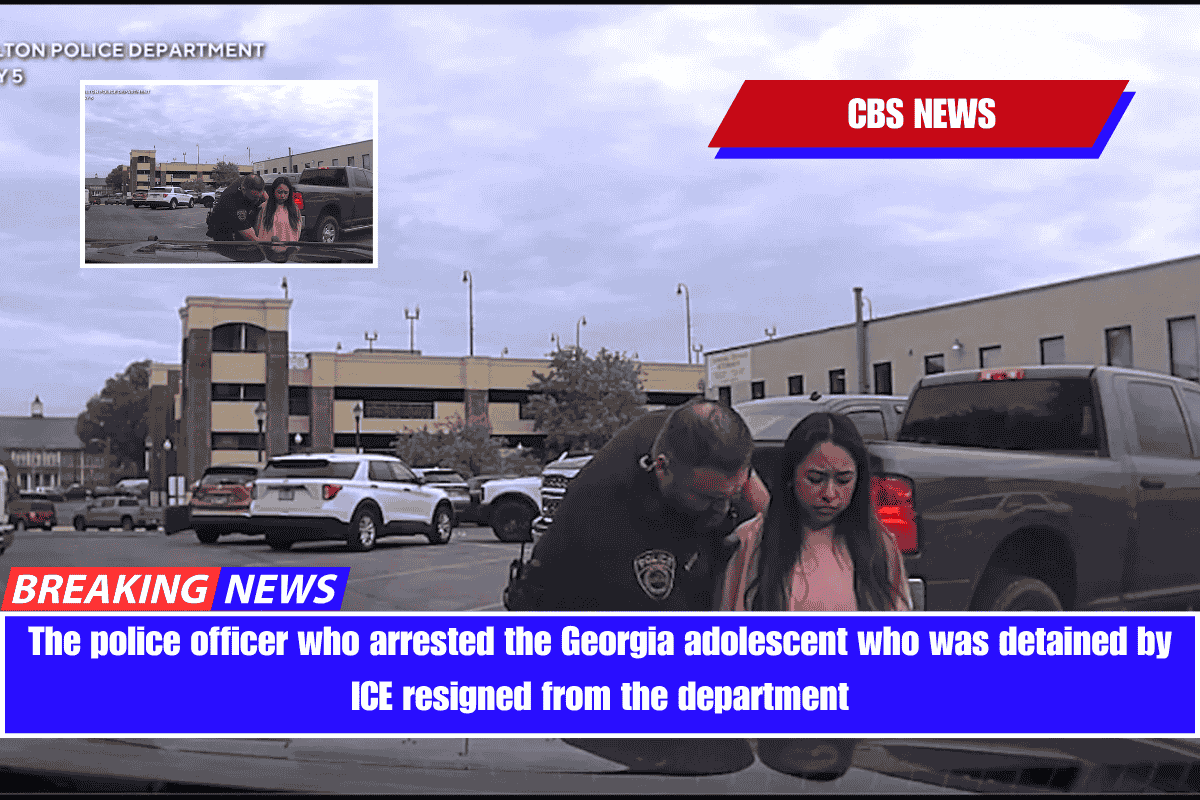Wildland firefighters will keep a 4-year-old pay hike under a GOP-led spending bill signed by President Donald Trump, but many worry that mass federal worker firings will leave the nation more vulnerable to wildfires.
Interior Secretary Doug Burgum on Wednesday credited Trump with securing the pay increase in a post on the social media site X. He said the administration is grateful to firefighters who he said “embody the American spirit by selflessly risking their lives to protect their neighbors, protect their communities and preserve our natural heritage.”
The permanent pay raise comes as Trump and Elon Musk’s Department of Government Efficiency has cut about 3,400 workers at the U.S. Forest Service, about 1,000 at the National Park Service and another 1,000 at the National Oceanic and Atmospheric Administration.
Many of those workers kept trails free of debris, oversaw prescribed burns, thinned forests and were specially trained to work with firefighters. They say staffing cuts threaten public safety, especially in the West, where drier and hotter conditions linked to climate change have increased the intensity of wildfires.
Indiscriminate firings
In an email to The Associated Press, Democratic U.S. Sen. Patty Murray stated, “What I’m hearing from my constituents who actually fight fires in Washington state is that Trump and Elon are making wildland firefighters’ jobs far more difficult and far more dangerous by indiscriminately firing thousands of Forest Service workers and others who support wildland firefighting.” “It’s disingenuous and frankly insulting for this administration to pretend otherwise.”
Following a court ruling challenging the terminations, the federal government has began rehiring some personnel.
The National Federation of Federal Employees claims that as part of the bipartisan infrastructure package signed by then-President Joe Biden in 2021, wildland firefighters first started earning a temporary rise of 50%, or up to $20,000. The rise was later temporarily extended by Congress.
As leader of the House Interior and Environment Appropriations subcommittee, Rep. Mike Simpson, R-Idaho, is in charge of forest funding and pushed to make the wage increase permanent.
“A permanent pay fix for our wildland firefighters will strengthen recruitment and retention while providing financial security to the first responders who protect our communities,” Simpson said in a press statement.
Celebration and concern from union
Randy Erwin, president of the National Federation of Federal Employees, also praised the boost, saying the organization had fought for it for years.
“Now, that fight is paying off,” Erwin said. “A permanent pay fix means we can shift our focus to addressing other critical issues — recruitment and retention, housing, mental health benefits, rest and recuperation, and the overall well-being of our nation’s wildland firefighting workforce.”
However, he cautioned that the Trump administration’s continuous attempts to reduce firemen and support people “will cripple the workforce and make Americans less safe.”
“Congress must not let these harmful plans be carried out,” he urged.
Washington State Forester George Geissler, who oversees the state’s wildland firefighting activities, has over 30 years of expertise battling wildfires. He claims that government authorities do not recognize the contributions that these personnel make in battling fires.
“I don’t think there is a desire to reduce the number of firefighters with the Forest Service,” he told reporters Wednesday. “But I do think there is a clear lack of understanding about how the inter-agency wildland fire system is set up, how it works, and how people that don’t have ‘firefighter’ listed as their job are still a massive part of the response system in the country.”
Former NOAA administrator Rick Spinrad said that a decrease in the agency’s staff would also severely impede wildland firefighting.
Spinrad said that NOAA and the National meteorological Service have around 100 “incident meteorologists,” or I-Mets, who deploy to wildfires to give help on the site, such as informing firefighters where the winds are coming from and what meteorological conditions are expected.
“I know for a fact that some of those I-Mets will not be on the job, so that capability is going to be compromised,” Spinrad stated at a recent news appearance with other laid-off NOAA employees.
Gregg Bafundo was thrown off last month from his position as a wilderness ranger and wildland firefighter in Washington’s Okanogan Wenatchee National Forest.
Bafundo is among those who have been temporarily summoned back to work, although his long-term future with the organization remains uncertain.
“I have always placed myself between the danger and my fellow citizens, and now I feel like I’ve been cast aside like some sort of parasite class or some kind of fraud,” he said during a news conference sponsored by Murray last month. “These heartless and gutless firings will lead to the loss of lives and property.”


















Leave a Reply